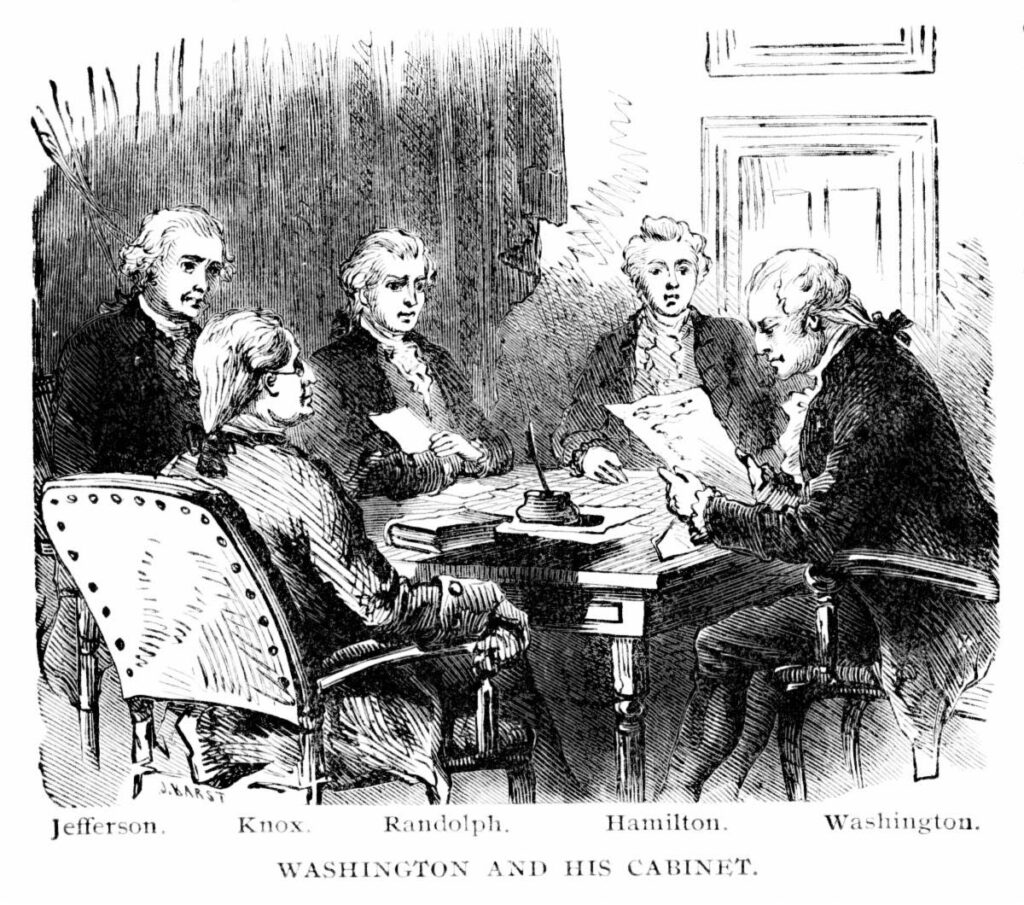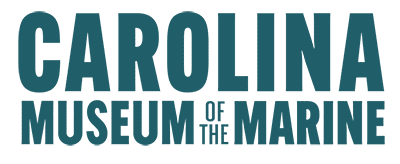Front and Center Newsletter – Vol. 3, No. 10, October 2025
Opening Spring of 2026

Mission
Honor, preserve, and teach the legacy of Carolina Marines and Sailors.
Showcase the Marine example to inspire future generations.

Message from the President and CE0
Fellow Patriots,
This October marks 42 years since the Beirut bombing of October 23, 1983—a day of profound loss for our Corps, our Navy, and our Nation. Each year, family members, friends, Marines, Sailors, and citizens from across the country gather at the Beirut Memorial in Lejeune Memorial Gardens to honor the 241 American service members who gave their lives.
Their sacrifice, and the resilience of those left behind, remind us of the cost of freedom and the strength of community. We are especially grateful for the support of the Beirut Veterans of America, whose steadfast commitment helps us build the museum exhibit that will honor those we lost and those who continue to keep their memory alive.
I invite you to join us for this year’s Beirut Memorial Observance, to be held on Wednesday, October 23, 2025, from 10:30–11:30 a.m. at the Beirut Memorial in Lejeune Memorial Gardens, Jacksonville, NC.
Together, we will honor their memory, stand with their families, and recommit ourselves to living in a way that is worthy of their sacrifice.
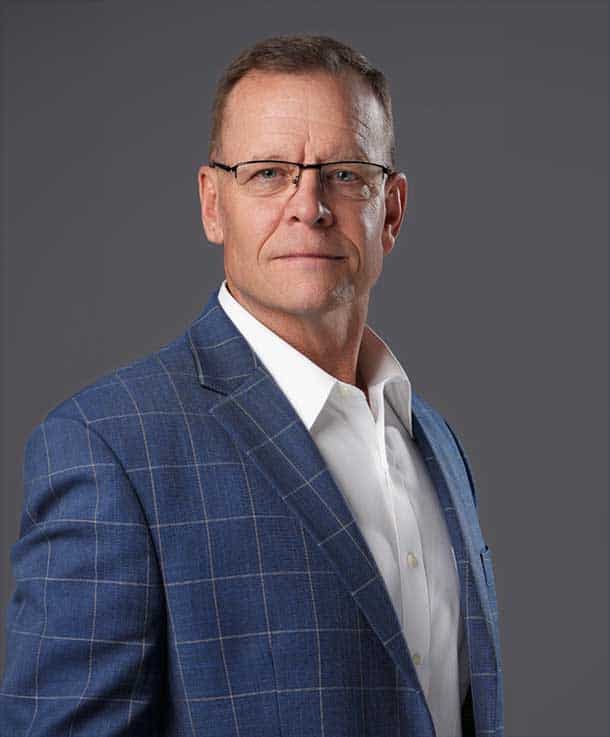
Warm regards,
Joe Schrader
Major General, USMC (Ret)
President and CEO
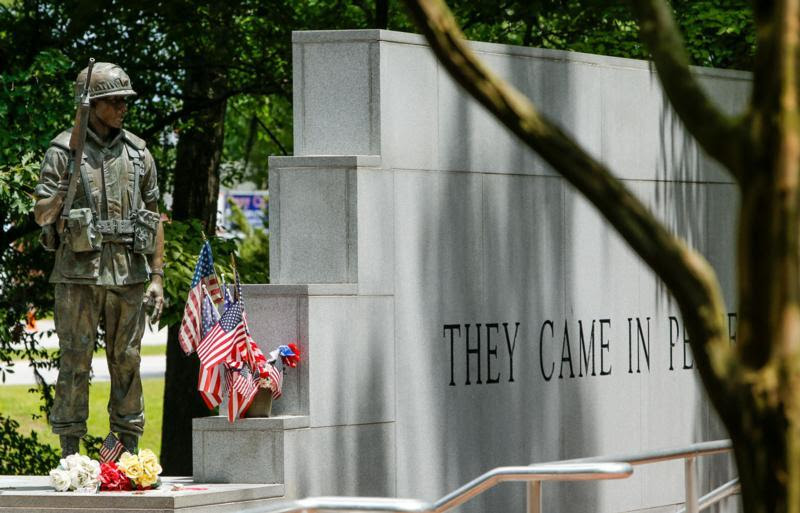
Beirut Memorial, Lejeune Memorial Gardens, Jacksonville, NC. https://www.beirutveterans.org/
Welcome, New Board Member
LtGen Robert “Fuzzy” Hedelund, USMC (Ret)
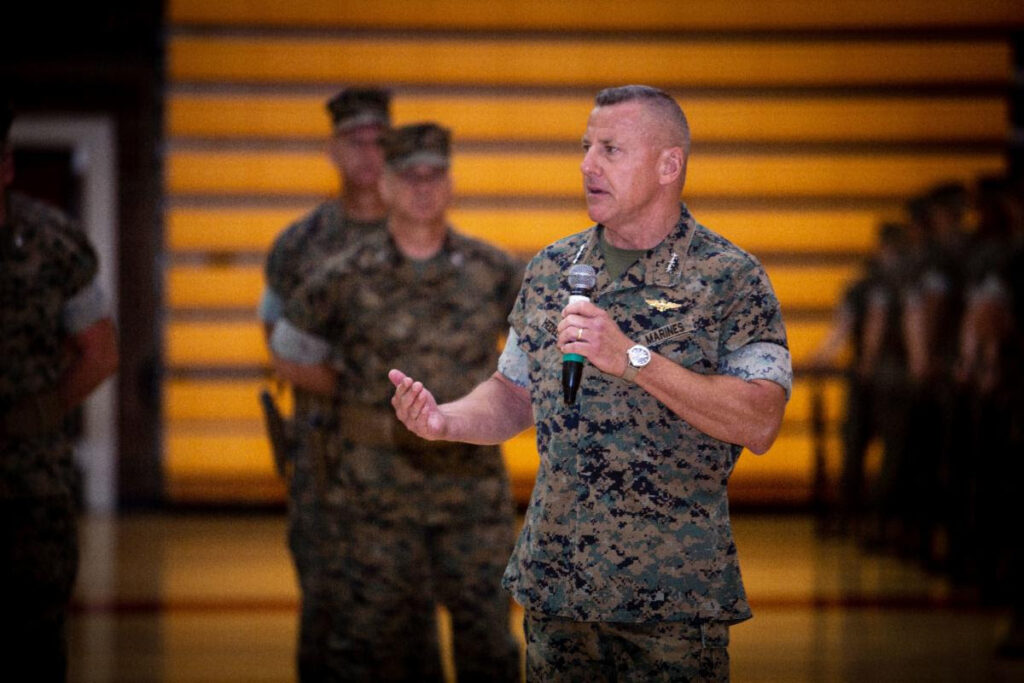
U.S. Marine Corps Lt. Gen. Robert Hedelund, commanding general, Fleet Marine Force, Atlantic, gives his remarks during the II Marine Expeditionary Force change of command ceremony, Camp Lejeune, N.C., July 8, 2021. Lt. Gen. Brian Beaudreault relinquished command to Lt. Gen. William Jurney. (U.S. Marine Corps photo by Lance Cpl. Cheyenne Stillion
Carolina Museum of the Marine is honored to welcome Lieutenant General Robert “Fuzzy” Hedelund, USMC (Ret), to our Board of Directors. A distinguished Marine leader with nearly four decades of service, LtGen Hedelund brings a wealth of experience, vision, and deep commitment to the values of honor, courage, and commitment that define Carolina Marines and Sailors.
LtGen Hedelund was commissioned in 1983 and went on to command at every level, from squadron to major command. He served as Commanding General of II Marine Expeditionary Force (II MEF) and U.S. Marine Corps Forces Command (MARFORCOM), where he oversaw Marine forces on the East Coast and ensured combat readiness worldwide. Over the course of his career, he deployed extensively in support of combat operations, humanitarian assistance, and global security missions.
Known as “Fuzzy” to generations of Marines, LtGen Hedelund is widely respected for his thoughtful leadership, operational expertise, and dedication to Marines, Sailors, and their families. His awards include the Distinguished Service Medal, the Defense Superior Service Medal, and multiple awards of the Legion of Merit, reflecting his extraordinary contributions to our Nation’s defense.
Since retiring from active duty in 2021, LtGen Hedelund has continued to serve the Marine Corps family through advisory roles, leadership forums, and nonprofit initiatives. His guidance will be invaluable as the Carolina Museum of the Marine prepares to open its doors in 2026 and carries forward its mission to honor the legacy of Carolina Marines and Sailors and inspire future generations.
We are privileged to welcome LtGen Hedelund to our leadership team and look forward to his wisdom and energy as we build this museum together.
Tradition
Jim Danielson, PhD
Marine Veteran
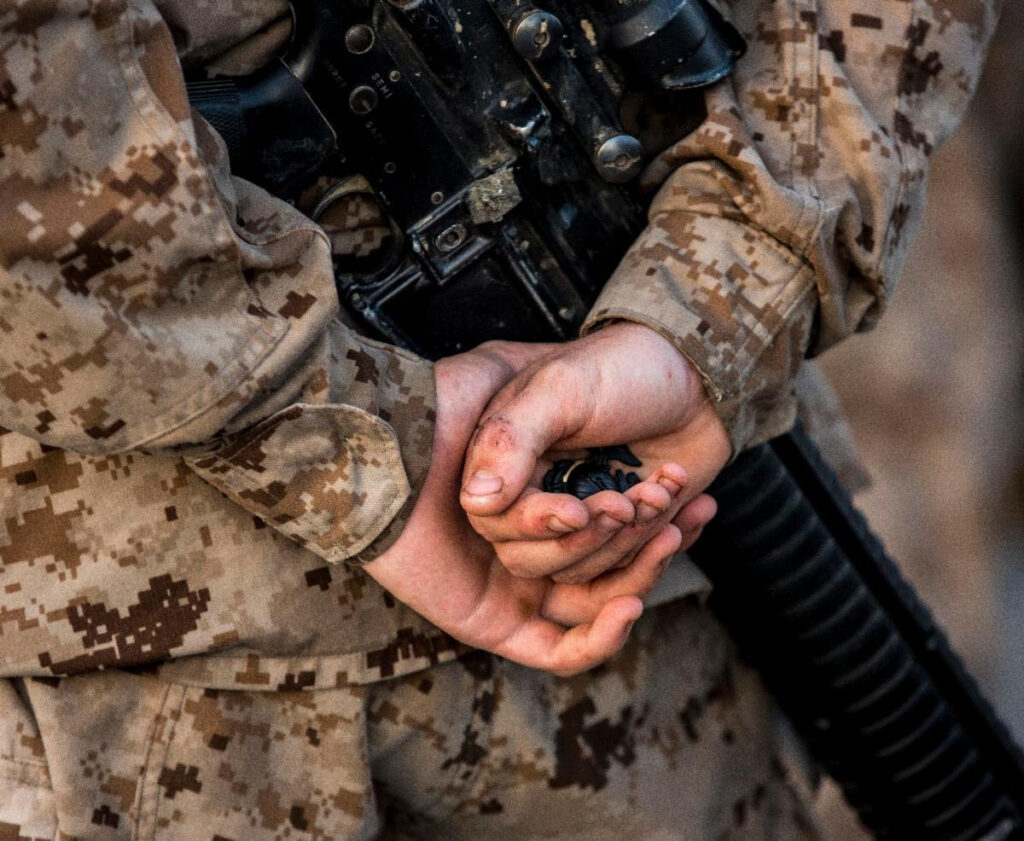
U.S. Marine Corps photo by Lance Cpl. Yamil Casarreal/Released 180922-M-JY586-078.JPG
The Marine Corps understands the importance of tradition. Tradition maintains the identity of a people over time, and a healthy tradition contains within it, through its moral and religious commitments, the means of its improvement over time. Within a larger cultural tradition there are traditions specific to important elements in a society and proper to the stages of a human life. The ancient Athenians used the word politeia to describe the totality of the way of life of the people (the word is usually translated into English as “politics,” but it had for them a very different meaning than the one we apply to it now). The Romans identified this same thing, the whole way of life of a people, as res publica, or the things that belong to the people in common (this is the origin of the word “republic”). In what may be considered a healthy way of life for a people, there are traditions that bring order to the various aspects of life that protect those elements of life from the chaos and disfunction of disorder and lack of discipline. The things that belong to a people together in society include marriage, the raising and education of children, religion and public ceremony, property and trade, warfighting, government and diplomacy, burial rites, and importantly, the public remembrance, and the public honoring, of their dead. These form what may be called the shared and valued way of life of a people.
People living within a tradition, within a shared and valued way of life, naturally want to preserve it, improve it, and pass it on to their children. This process of passing a tradition on to children is the work of people preserving their tradition, and it involves family, religion, and education, and it is important to ensure that these institutions, family, religion, and education, function as competently as possible. This is how the Marine Corps has performed so well over its history of more than two hundred years, that is, by seeking ever to teach, to preserve, and to develop its traditions. We can see in the example of the Marine Corps that the tradition in which one lives shapes who that person becomes. This is important to keep in mind because it gives us useful information about the world around us. When teaching introductory courses in ethics for freshmen in universities, invariably the question of cultural relativism not only comes up, but often won’t go away. Are all cultures of equal merit? There is a tendency observable among Americans to say that all cultures are equal because of the American embrace of the idea of equality (however that is defined). Yet we don’t apply this notion to all human activities for the obvious reason that however equal we might be as human beings, it is clearly not true that all people perform equally well at whatever they may do. (This explains the frustration felt by someone who performs at a high level within an organization that overall, performs poorly.) Not all schools are equally good, and this is true also of baseball teams, grocery stores, libraries, hospitals and on we may go across the variety of enterprises humans undertake.
The 18th century British parliamentarian Edmund Burke insisted that in order to love one’s country, one’s country must be lovely. Burke didn’t mean simply that one’s country must be well watered and landscaped, as important as this is, but that one’s culture must be such that it allows for people to flourish as human beings within it. Such a cultural tradition is the object of the poet T.S. Eliot’s assertion that cultural tradition is what makes life worth living. It surely makes sense of the understanding that a patriot is someone who believes the way of life of his people is the best there is, worthy of maintenance and defense, while also understanding that there are people the world over who believe the same thing about their way of life. Now here one might suspect that we are painted into a corner regarding cultural relativism being mistaken about the claim that all cultures are of equal merit, but the question of the merit due to a culture, or any other human endeavor, is separate from the question of how those participating in it understand their experience. For any kind of tradition, we may ask a few questions. Does it do well what it exists to do? Does it contain within it means for its improvement by the people living according to it? Importantly, does it sustain conditions in which human beings may flourish as human beings? We have spoken here several times of the fact that however complex human nature is, we know for certain that we are moral and intellectual beings because we have wills and we have intellects. So, in order to grow and flourish as human beings, it is important that a people develop families, educational institutions, military organizations, religious institutions and more that help people acquire the skills of thinking for themselves, improving their store of knowledge, and learning consistently to take correct decisions in whatever circumstances they are called upon to act. It is difficult to overstate the importance to a people of conversation. People should be taught to listen to others and seek to understand what they are saying, and to learn to speak clearly and concisely. But even here, conversation will proceed according to the manners and customs of the people, and it is within accepted customs and manners that the commitment to freedom of speech functions to the benefit of everyone.
Attentive readers may be thinking that while a society having a cultural order of the sort outlined here would be very good for people, we seem to be falling short of it in much of the United States. We may observe, however, that in every society, the work of creating and sustaining decent human order is a work in progress, and it is never amiss to recall Albert Jay Nock’s advice that if we wish to improve our society, the best thing we can do is to present it with “one improved unit,” that is, ourselves. It is a truism that the work of improving and maintaining sound cultural order begins at home. It also a truism, understood for millennia, that many people, maybe most, need to be led, if only by example. We can see wherever we look that the quality of leadership in a society’s institutions has a direct effect on the conduct of the average citizen. For this reason, in a time among a people where failures of leadership are evident seemingly wherever one looks, it is fortunate to have examples people can examine for guidance toward recovery.
The Marine Corps is one such example, both in the achievements of Marines individually and collectively, and also in the knowledge acquired by the Marine Corps expressed, for example, in the principles of Marine leadership and the character traits of a leader. Thus in the Marine Corps we find examples and lessons that can be made available to Americans more broadly for the development of cultural traditions that will improve people’s lives. In his first inaugural address, Thomas Jefferson discussed the principles that would guide his presidency. After laying out the guiding principles, that is the American principles that helped to define Americans as a people, Jefferson declared the following: “These principles form the bright constellation, which has gone before us and guided our steps through an age of revolution and reformation. The wisdom of our sages, and the blood of our heroes have been devoted to their attainment:–they should be the creed of our political faith; the text of civic instruction, the touchstone by which we are to try the services of those we trust; and should we wander from them in moments of error or of alarm, let us hasten to retrace our steps, and to regain the road which alone leads to peace, liberty and safety.”
For Americans who may wish to take Jefferson’s advice to regain the road that leads to peace, liberty, and safety, we have the Marine Corps among the examples we find to help us retrace our steps.
Returning Good Citizens
Answering the Call—Again and Again
Marines and Sailors do not serve alone. In every clime and place, Navy corpsmen have stood shoulder to shoulder with their Marine brothers and sisters—risking everything to preserve life in the midst of battle. This month, we honor Hospital Corpsman Luis Fonseca Jr., whose extraordinary valor and enduring commitment reflect the quiet courage of those who serve in the shadows, yet shape the very soul of the Marine Corps.
A Steady Hand in the Storm:
The Beirut Chaplain Who Never Faltered
George Pucciarelli
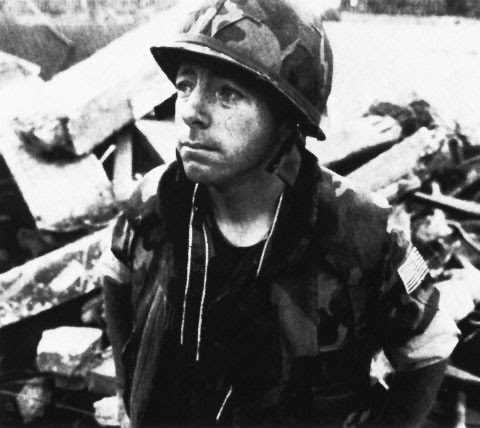
On October 23, 1983, a truck bomb destroyed the Marine barracks in Beirut, Lebanon, killing 241 U.S. service members—Marines, Sailors, and Soldiers—who were serving as peacekeepers in a land torn by conflict. The tragedy was, at the time, the deadliest single-day loss for the Marine Corps since Iwo Jima.
At the Beirut Memorial in Lejeune Memorial Gardens, the words inscribed, along with the names of those whom we lost, are: “They came in peace.” Each October, families, friends, and fellow service members gather here to remember those who never came home.
In those harrowing moments after the bombing, Navy Chaplain George Pucciarelli, known affectionately as “Father Pooch,” became a steady hand in the storm. Amid smoke, rubble, and heartbreak, he moved among the wounded and the dying—blessing, comforting, and praying.
He was there for the Marines and Sailors who needed reassurance, and for the families who would later seek solace in the wake of unimaginable loss. His presence exemplified the power of faith, compassion, and service under pressure.
Chaplain Pucciarelli’s legacy endures not only in the memories of those he ministered to that day but in the continuing bond between Marines, Sailors, and their families who gather every October to remember, reflect, and renew their commitment to one another.
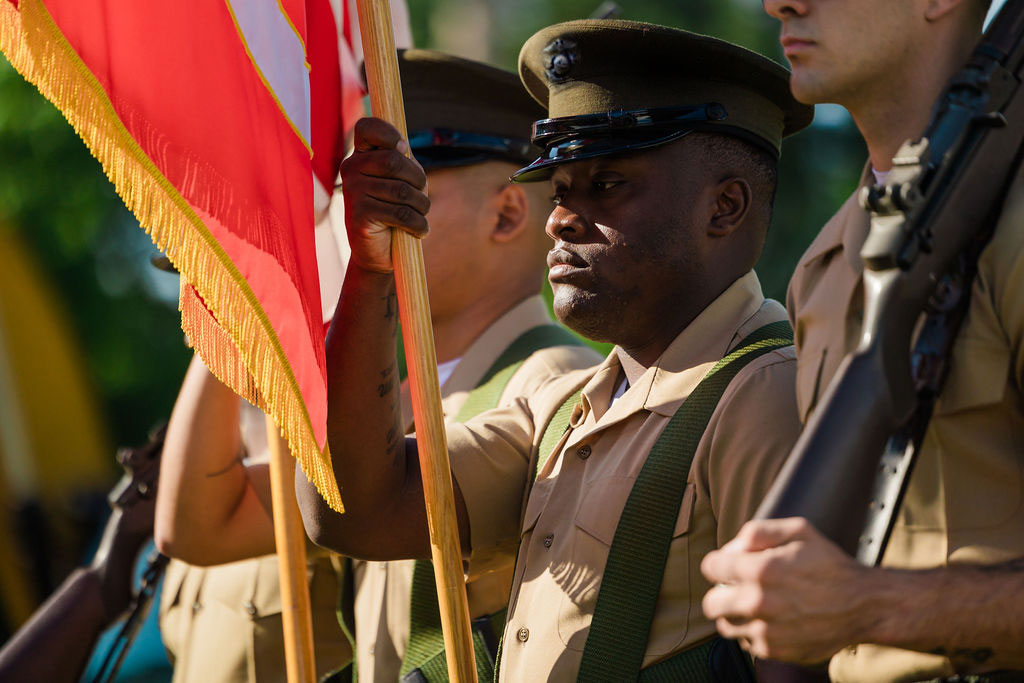
Plank Owner Campaign Extended!
Become a Founding Plank Owner Member of the Carolina Museum of the Marine and be among the first to stand with those who’ve served. Enjoy exclusive recognition, special benefits, and lasting impact—honoring our Carolina Marines and Sailors and inspiring generations to come.


⛳ Thank You for Making the
15th Annual Al Gray, Marine Golf Classic
a Success!
We are deeply grateful to everyone who will join us at Bear Trail Golf Club on 26 September and to our generous sponsors whose support makes our mission possible:
Presenting Sponsor
- Coastal Enterprises
Platinum Sponsors
- CACI
- Jeff Gordon Chevrolet
- LtGen Mark Faulkner, USMC (Ret) & Mrs. Janet Faulkner
Awards Sponsor
- Marine Federal Credit Union
Silver Sponsors
- Mercer Advisors
- Col Grant Sparks, USMC (Ret)
- LtCol Lynn J. “Kim” Kimball, USMC (Ret)
- Col Bob Love, USMC (Ret)
Lunch Sponsor – Golden Corral
Beverage Sponsor – Minges Bottling Group
And a wonderful team of volunteers!
VISIT OUR ONLINE GIFT SHOP!

https://www.istockphoto.com/portfolio/SARINYAPINNGAM?mediatype=photography
Please join us in supporting the mission of
Carolina Museum of the Marine.
When you give to our annual campaign, you help to ensure that operations continue during construction and when the doors open!
Stand with us
as we stand up the Museum!
Copyright, October 2025. Carolina Museum of the Marine
2025-2026 Board of Directors
Executive Committee
LtGen Mark Faulkner, USMC (Ret) – Chair
Col Bob Love, USMC (Ret) – Vice Chair
CAPT Pat Alford, USN (Ret) – Treasurer
Mr. Mark Cramer, JD – Secretary
In Memoriam: General Al Gray, USMC (Ret)
MajGen Jim Kessler, USMC (Ret)
Col Grant Sparks, USMC (Ret)
MajGen Joe Shrader, USMC (Ret), President and CEO, Ex Officio Board Member
Members
Col Joe Atkins, USAF (Ret)
Mr. Mike Bogdahn, US Marine Corps Veteran
Mr. Keith Byrd, US Marine Corps Veteran
MGySgt Osceola “Oats” Elliss, USMC (Ret)
Mr. Frank Guidara, US Army Veteran
Col Bruce Gombar, USMC (Ret)
LtCol Lynn “Kim” Kimball, USMC (Ret)
CWO4 Richard McIntosh, USMC (Ret)
LtGen Gary S. McKissock, USMC (Ret)
Ms. Sandra Perez
The Honorable Robert Sander, Former General Counsel of the Navy
Mr. Billy Sewell
Col John B. Sollis, USMC (Ret)
Staff
MajGen Joe Shrader, USMC (Ret), President and Chief Executive Officer
Ashley Danielson, VP of Development
SgtMaj Steven Lunsford, USMC (Ret), VP of Operations
CWO3 Charles McCawley, Finance and HR Manager
CWO5 Lisa Potts, USMC (Ret). Curator
Sarah Williams, Docent and Volunteer Manager
Alex Price, Curatorial Assistant


